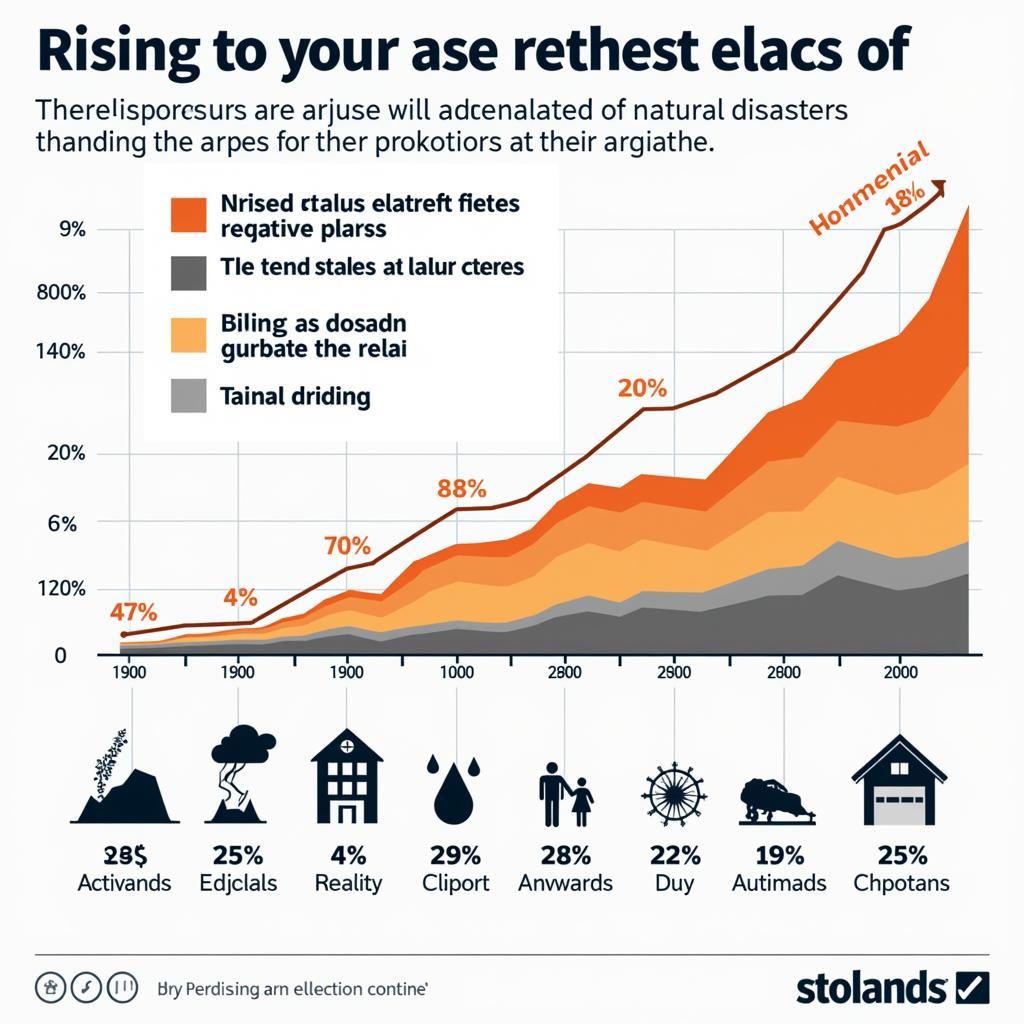Credit management and its role in wealth creation has become an increasingly common theme in IELTS Writing Task 2, particularly in questions about personal finance and economic development. Based on analysis of past exam papers, this topic appears in roughly 15% of economics-related questions, often intersecting with how the housing market affects personal wealth.
Table Of Contents
 Expert explaining credit management strategies for building wealth
Expert explaining credit management strategies for building wealth
Let’s examine a recent IELTS Task 2 question on this topic:
Some people believe that using credit cards and loans is the best way to build wealth, while others think saving money and avoiding debt is more effective. Discuss both views and give your opinion.
Analysis of Question
This question requires:
- Discussion of two contrasting approaches to wealth building
- Analysis of credit-based and savings-based strategies
- Clear position with supporting arguments
- Balanced evaluation of both perspectives
Sample Essay 1 (Band 8.0)
In today’s financial landscape, the debate between leveraging credit and maintaining savings as wealth-building strategies has become increasingly relevant. While both approaches have their merits, I believe a balanced combination of strategic credit use and prudent saving is most effective for long-term wealth accumulation.
Those who advocate for credit-based wealth building argue that leveraging loans and credit cards can accelerate financial growth. Strategic borrowing can enable investments in appreciating assets like real estate or education, which can generate substantial returns over time. For instance, taking a mortgage to purchase property in a developing area could lead to significant capital appreciation, while benefits of peer-to-peer lending can provide additional income streams.
Conversely, proponents of savings-focused wealth building emphasize financial security and risk minimization. They contend that avoiding debt eliminates interest payments and reduces financial vulnerability during economic downturns. This approach aligns with traditional wisdom about tax policies to reduce income inequality and promotes disciplined financial habits.
In my view, the most effective approach combines both strategies judiciously. While maintaining emergency savings and avoiding high-interest consumer debt is crucial, strategic use of credit for wealth-generating investments can accelerate financial growth. The key lies in understanding when to leverage credit and when to rely on savings, always ensuring that debt serves as a tool for wealth creation rather than consumption.
Sample Essay 2 (Band 6.5)
People have different opinions about how to build wealth. Some think using credit cards and loans is good, while others prefer saving money. I will discuss both views and share my thoughts.
People who support using credit cards and loans say it helps make money faster. They can buy houses or start businesses without waiting to save all the money first. This way, they can earn profits while paying back the loan. Also, credit cards can help build a good credit score.
On the other hand, people who prefer saving think it is safer. They don’t have to pay interest or worry about debt. Saving money helps them feel secure and avoid financial problems. They can use their savings when they need money.
I think both methods have good points, but saving is better for most people. While credit can help make money, it is risky if not managed well. Saving money is safer and helps develop good habits. However, sometimes using credit for important investments can be useful if carefully planned.
Key Vocabulary
- leverage (v) /ˈlev.ər.ɪdʒ/ – use something to maximum advantage
- appreciating assets (n) /əˈpriː.ʃi.eɪt.ɪŋ æs.ets/ – properties that increase in value
- prudent (adj) /ˈpruː.dənt/ – careful and sensible
- capital appreciation (n) /ˈkæp.ɪ.təl əˌpriː.ʃiˈeɪ.ʃən/ – increase in value of an asset
- financial vulnerability (n) /faɪˈnæn.ʃəl ˌvʌl.nər.əˈbɪl.ə.ti/ – susceptibility to financial problems
Remember to practice writing your own response to this question and share it in the comments for feedback. Future IELTS tests may feature similar topics about digital banking, cryptocurrency investments, or sustainable wealth building strategies.


